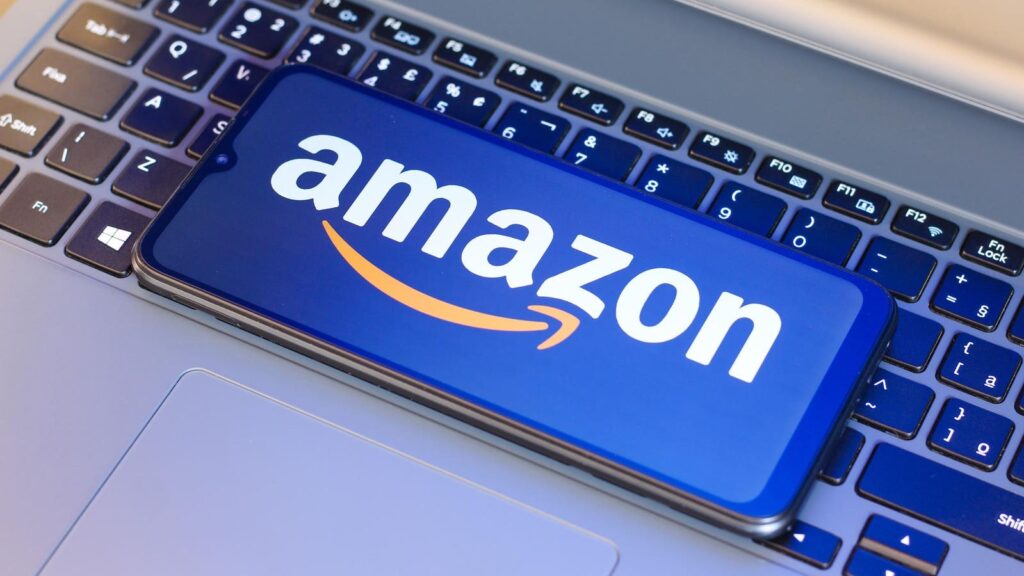
Amazon’s bold bet to sell its ad-tech to retailers has raised concerns about a potential Trojan horse strategy. With 75% of retail media ad spend already under its belt, the e-commerce giant is offering its advertising technology and scale to other retailers, but at what cost?
On one hand, Amazon’s move could democratize the retail media space, making it easier for smaller players to tap into the growing market without significant investments in talent, time, or resources. By providing a battle-tested technology stack and access to major advertisers, Amazon may just be offering retailers a running start to an ad business they wouldn’t otherwise have.
However, there are concerns that Amazon is trying to gain dominance in yet another digital arena. With the potential for Amazon’s retail media capabilities to reshape the competitive landscape for ad tech providers like Criteo and Epsilon, as well as new players like Koddi, Pentaleap, and Topsort, retailers must weigh the immediate benefits against long-term strategic concerns.
Amazon’s promise of data separation through AWS Clean Rooms may alleviate some fears about data control. But can Amazon truly maintain clear boundaries while still respecting retailer independence? This is a crucial question that remains unanswered.
In reality, many larger players have already chosen to avoid using AWS due to competitive concerns, opting instead for other hosting solutions. Walmart, Target, and Kroger are notable examples of retailers that have taken this stance. The fact that Amazon’s ad-tech offering would require an intimate partnership could be seen as a significant red flag.
The calculus is complex, and retailers must carefully consider the pros and cons before making a decision. While Amazon’s entry into the retail media space could accelerate democratization, it also poses existential challenges for competitors in the industry.
Source: www.forbes.com


